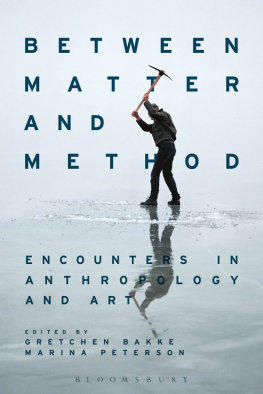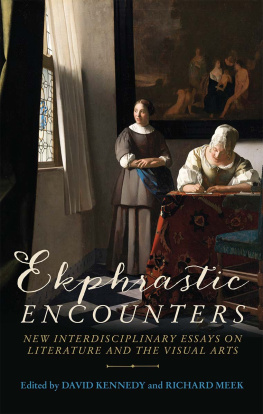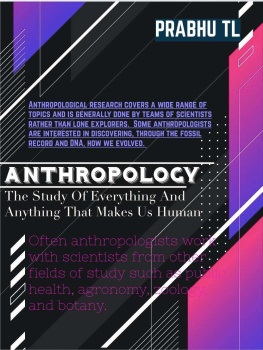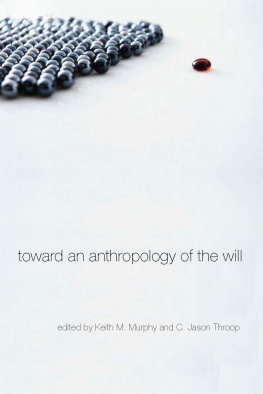Between Matter and Method

Nightly Jelly filled her notebooks: scraps of fact, fiction, essay.
Fay Weldon, Splitting
Contents
Flipbook, by Rowan Campbell
The Dregs of Her Ammunition
Points of Entry and Exit
How We Weep and Laugh at the Same Thing
Everything and Nothing Else
Map as Score for a Film
QR Code to Extinction Number Six (2011, 16:9, 148 min)
Allin in Performance Mode
High Park, Parkside Drive Gate
Compositions and Decompositions
Still Falling
Undone
Dances with Light
Vibratory Milieu
Energy Diagram of Queen Annes Lace
COMGAR Workplan, figure 1
COMGAR Workplan, figure 2
Sound Analyzer
Japanese Pesos
Cassette Tape
Bookgun
Pitman Park, Bellaire, Texas, 2016
Sonogram of a Forest (2016), monoprint
video installation (2010)
Filippos Tsitsopoulos, The Madrigal of the Explosion of the Wise Whale, at Papay Gyro Nights (2012), the Old Kelp Store, Papa Westray, Orkney
Filippos Tsitsopoulos, The Madrigal of the Explosion of the Wise Whale
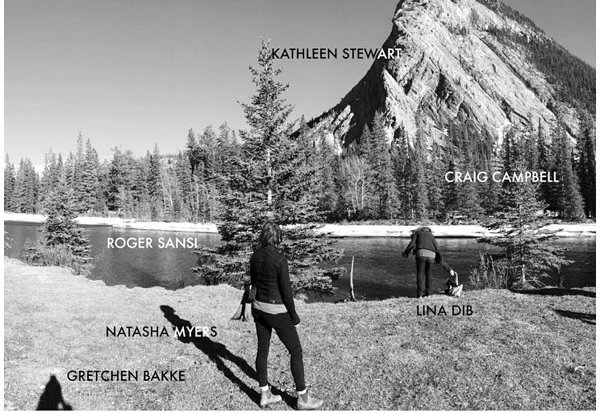
Gretchen Bakke is a professional writer and editor living in Montral and Berlin. She holds an assistant professorship in Anthropology at McGill University. Her research focuses on the arts in Slovenia and on electrical infrastructure in the United States.
Natasha Myers is an anthropologist of art, science, and ecology. She is an associate professor of anthropology, director of the Plant Studies Collaboratory and the convenor of the Politics of Evidence Working Group at York University.
Roger Sansi is Professor in Anthropology at Universitat de Barcelona, Spain. He studied at the Universities of Barcelona and Paris and he received his PhD in Anthropology at the University of Chicago (2003). He has worked at Kings College and Goldsmiths College, University of London.
Kathleen Stewart teaches anthropology in the form of writing workshops at the University of Texas, Austin. Her books include A Space on the Side of the Road: Cultural Poetics in an other America (Princeton), Ordinary Affects (Duke), Worlding (forthcoming, Duke) and, with Lauren Berlant, The Hundreds (forthcoming).
Lina Dib is a multidisciplinary artist and anthropologist. Her installations and compositions range from the experimental to the ethnographic and investigate socio-technical and ecological change. She is an affiliate artist at the Topological Media Lab at Concordia University in Montreal and research fellow at the Center for Energy and Environmental Research in the Humanities and Social Sciences at Rice University where she also teaches.
Craig Campbell is Associate Professor of Anthropology at the University of Texas, Austin. He is a founding member of the Ethnographic Terminalia curatorial collective. His book, Agitating Images: Photography Against History in Indigenous Siberia (University of Minnesota Press, 2014), explores, through archival photography and historical research, the early points of contact between Bolshevik Revolutionaries and Indigenous peoples in central Siberia.
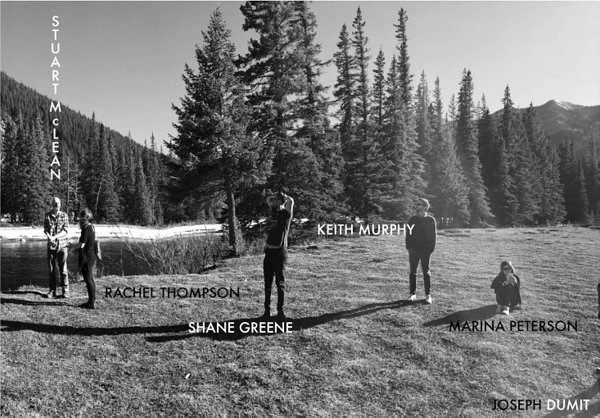
Stuart McLean is Professor of Anthropology and Global Studies at the University of Minnesota. He studied English literature at the University of Oxford and then went on to obtain a PhD in sociocultural anthropology from Columbia University. He is the author and editor of a number of books.
Rachel Thompson is a musician, filmmaker, and PhD candidate in Anthropology at Harvard University. Thompson holds an MFA in Visual Arts from UCSD, and an MA and BA in Music from Wesleyan University. As an arts educator and media producer, she has worked at the Walker Art Center and the J. Paul Getty Museum.
Shane Greene is beholden to the title of Professor of Anthropology at Indiana University Bloomington and was once even Director of the Center for Latin American and Caribbean Studies there. He has written two books: Customizing Indigeneity (2009) and Punk and Revolution (2016).
Keith M. Murphy is an associate professor of anthropology at the University of California, Irvine. He is a linguistic and sociocultural anthropologist interested in the relationship between language, aesthetics, and human experience. He is the author of Swedish Design: An Ethnography (Cornell, 2015).
Marina Peterson is Associate Professor of Anthropology at the University of Texas, Austin. Her work explores entanglements of sound, sense, and urban infrastructures below and above ground. She is the author of Sound, Space, and the City: Civic Performance in Downtown Los Angeles, and co-editor of Global Downtowns and, with Gretchen Bakke, Anthropology of the Arts: A Reader.
Joe Dumit is an anthropologist of passions, brains, games, bodies, drugs, and facts who functions as chair of performance studies, and professor of science and technology studies and anthropology at the University of California, Davis. http://dumit.net
One thing that is happening is an attempt to imagine anthropology rubbing up against the arts, and the arts rubbing up against anthropology. What can be generated in the friction between the two? What lies between an anthropology of the arts and the artfulness of an ethnographic method? These are the questions potentiated in the papers here, which I read as excitations, elaborations, experiments, and ways of stepping into not knowing and being willing to fail.
Another thing that is happening is a question of whether an artful anthropology might be able to conjure another world within this world. This conjuring is not to renounce the frictions and horrors, and deaths and destruction, nor to slide into a utopian, or romantic, mode. The aim is not to craft a micro-utopia, but a way of calling up the otherworldliness already in this world, as Stuart McLean put it so eloquently. If we tune in, what muted registers of being and becoming might we begin to access?
Make-a-think is one formulation that came up through our conversations. I hear this in the fullest meaning of the verb to think, in its material-semiotic-affective-synesthetic dimensions, full of and exceeding gesture, language, thought, or concepts. I hear it as a conjuring practice, an incantation, the kind of tuning in required to do the work of channeling other worlds in this world. Here a conjurer is not to be mistaken for an intact liberal subject with the privilege to pull meaning into being and the power to make that meaning hold. A conjurer is not a master choreographer, or composer, or conductor with an intact repertoire. A conjurer, in the sense that we explored in this gathering, required a yielding, a softening, an attunement. Becoming sensor, recursively, is an act of improvising with worlds in the making.
A sensor is many things. Military sensors are pre-tuned to pick up the differences that they think matter. This is not the model we are working with here. An artful anthropology requires recursive attunements to figure out what might come to matter here or there, or now, or now, or now, or what mattered then. A prefabricated sensor would not be of much use to the ethnographer who takes responsibility for crafting a field and stepping into a partly fictitious world in which they do not yet know what matters. Recursivity and responsivity are the grounds for an artful ethnographic practice, an anthropology informed by the arts and art practices, and by the experiments of other practitioners. Recursivity, responsivity, and attunement are tools that we may need in order to make-a-think, to conjure a new kind of think, another kind of thought, a thought that can dismantle some worlds and world other worlds alongside, inside, and athwart worlds already worlding.
Next page
